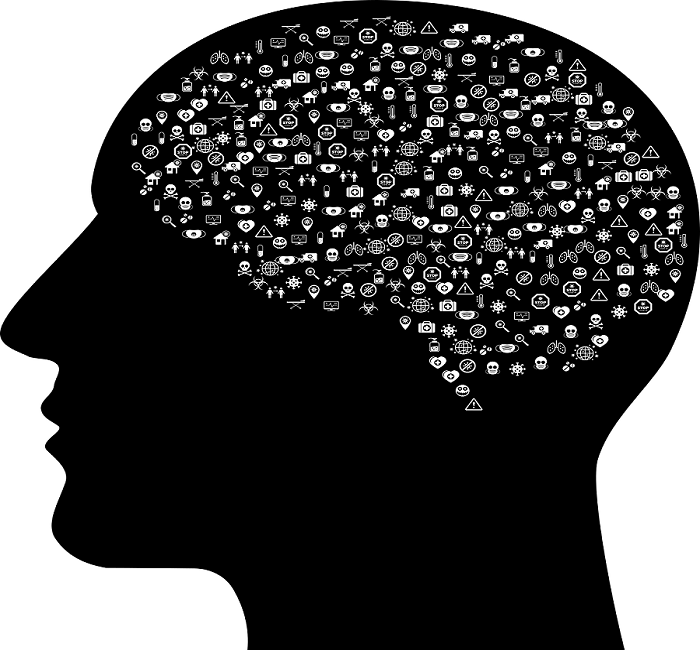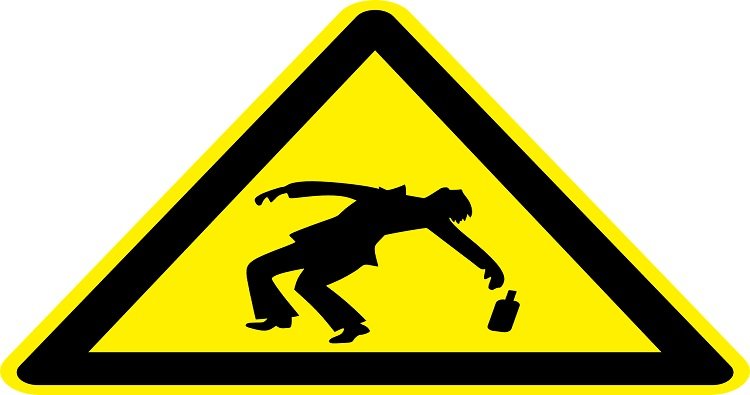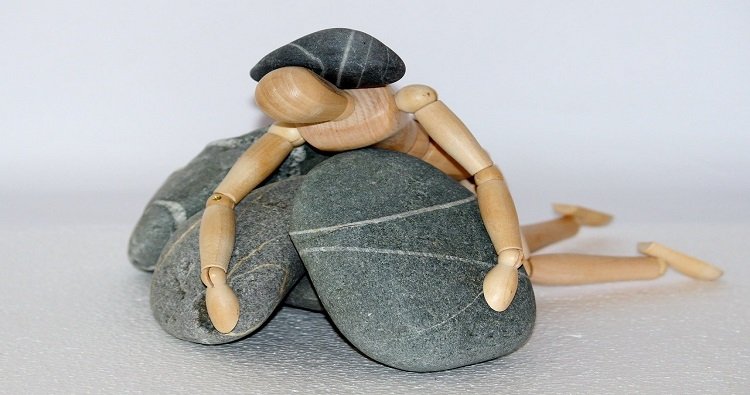- + 91 9958444373
- Malviya Road Dehradun, UK, India.
Blogs detail

Mental health during pandemic COVID-19
- 2020-07-15
2020 saw the most unexpected and worst hit of a virus, COVID-19, or Coronavirus, globally and the extreme yet urgent measures taken to safeguard public from the virus was a meticulous task. No one saw this coming, and it is exaggerating to live a socially distanced life every day. From the daily increasing number of deaths around the world, companies shutting down permanently to people having to fight just for daily bread, the state of mental health is patently going to deteriorate. Imagine, if the developed countries are facing such a crisis of mental health, how about the underdeveloped or developing countries like India, led the list of countries worst hit by the depression, how are they managing the later effects of this global pandemic.
India is face to face of the upheaval of the mental health state of public and no word is uttered about this disturbance. An online study conducted on 662 healthy adults from across 25 states of India to perceive mental state amidst COVID-19, published recently in the Asian Journal of Psychiatry, showed:
80 % of people were preoccupied with thoughts of COVID-19 37.
8% of individuals developed a paranoia about getting COVID-19 infection.
36.4 % of individuals experienced distress related to social media.
12.5% reported difficulties in sleep.
More than 80 % of the participants perceived the need to receive mental healthcare support.
COVID-19 And Mental Health: The Elephant in The Room
By Dr. Jeegar Dattani
The data reveals the ugly road mental health crisis is taking if not looked at the instance. This new jeopardy will bring more disturbance to the country’s wellbeing than the virus itself. Let us look at the how, where, and in which way the mental health of India is degrading:
The mental state of patients of COVID-19 and their families:
The agony shared by the family members of the patient of COVID-19 cannot be gauged. From dealing with the extreme worry of their close member having to writhe in pain due to being diagnosed as COVID negative, not being able to take care of them, being away from the patient, not being able to meet or carry the rituals concerned with death (if the case), to being socially boycotted and dealing with the impassive look of others; one can only imagine how difficult and heart wrenching their every second of life must be passing.
As for the patients, the continuous anxiety-filled thoughts of death and physical health degradation, not being able to meet anyone, is a horrifying experience in itself.
The mental state of doctors and health care providers:
The coronavirus disease 2019 (COVID-19) crisis places added pressure on doctors and on the healthcare system in general and research shows that such pressure brings a greater risk of psychological distress for doctors. Nobody can even apprehend how doctors and frontline healthcare providers are keeping their mental state in check just to supply the treatment for COVID patients. India’s health care workers, especially doctors, are an overworked lot even under normal circumstances. For instance, there is fewer than one doctor available for every 1,457 Indians. With no vaccine or medication in the scene for coronavirus and the number of cases skyrocketing; doctors and nurses are more panicked than ever. All over India, doctors and health care providers are baffled by the conditions and scenario due to this pandemic, they are also told or forcefully are being evicted from their rented homes by their landlords. as they fear that those healthcare professionals make them susceptible to coronavirus infection; leaving them stranded on roads with their luggage and nowhere to go. Additionally, shocking incidents of physical violence have also been reported against the doctors.
Being continuously present for long hours, wearing the personal protection kit for 24 hours straight, and always being on toes for back and call is strenuously stressful for healthcare professionals. A study was conducted by Chatterjee SS et al, to explore the knowledge, attitude, and behavior of doctors on this pandemic and how it influences their depression, anxiety, and stress level. Out of 152 study participants, 34.9% were depressed and 39.5% and 32.9% were having anxiety and stress, respectively.
Mental state due to unemployment:
With shops and companies being shut down due to the lockdown of the complete nation, unemployment is and will be the second most big concern of India. The overall unemployment has spiked up to 23.4% along with the ratio of people suffering from depression and anxiety disorders and even suicide rates. Business leaders are continuously planning strategies to overcome the crisis during and after a pandemic. Business leaders are rightly hyper-focused on the importance of helping keep people physically healthy right now: from supporting social distancing with the technology needed to work productively from home to new hygiene standards for essential workers and workplaces, to introducing COVID-19 responsive sick and family leave policies – Forbes 2020. The post corona consequences will not be easy to handle, the mental pressure to uplift the fallen market will include strenuous work hours on one hand, and dealing with PTSD on the other. It is going to be a much more challenging task then, than now.
The mental state of the common public:
Those who are not affected by the virus, are finding it difficult to cope with the social distancing and lockdown measures taken by the government for the safety of our nation. Some are in isolation, some are away from their families, while for some there are mixed emotions staying with the whole family. Always in fear of catching the virus when stepping outside to buy necessary equipment and groceries, having to wear face masks, gloves and always sanitizing your hand, who would have thought we would see this day? The prevalence of anxiety, depression, insecurity, fear of unknown future, and despair is much larger than COVID itself because it affects both – the COVID-19 victims and the healthy, the rich and poor, the employees, and employers, the patients, and the healthcare providers.
Among these, domestic violence, alcohol influenced violence, and so many other factors are posing a threat to the worsening state of mental health. We need to have start-up conventions acting as incubators for mental health. Mental health and suicide prevention interventions and hotlines can save lives, digital mediated therapy should be highly supplied and more mental health professionals should be put forth for the betterment of our nation’s mental state.
Contact now
We are a group of health professionals, including Psychologists, Clinical psychologist, Rehabilitation Psychologist, Counsellors, Mindfulness Experts and Social Workers. We are working since 2018 in India to foster mental health.
Contact Us
recent blogs
-

SADNESS AND DEPRESSION ARE DIFFERENT!
2020-06-16 -

ALCOHOL USE DISORDER (AUD)
2020-06-19 -

SEASONAL AFFECTIVE DISORDER (SAD)
2020-06-12 -

UNDERSTANDING MINDFULNESS MEDITATION
2020-06-03 -

BURDEN OF DEPRESSION
2020-06-17







